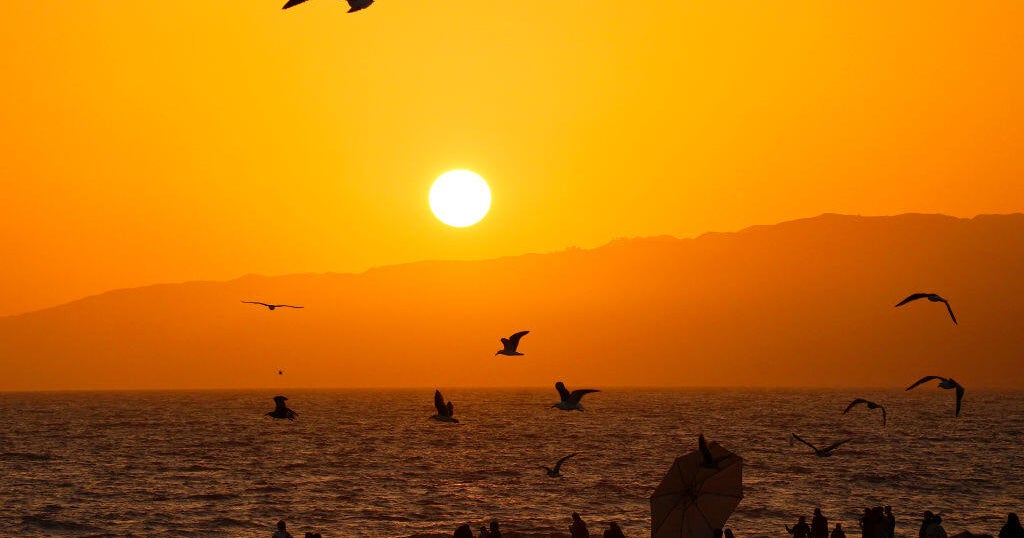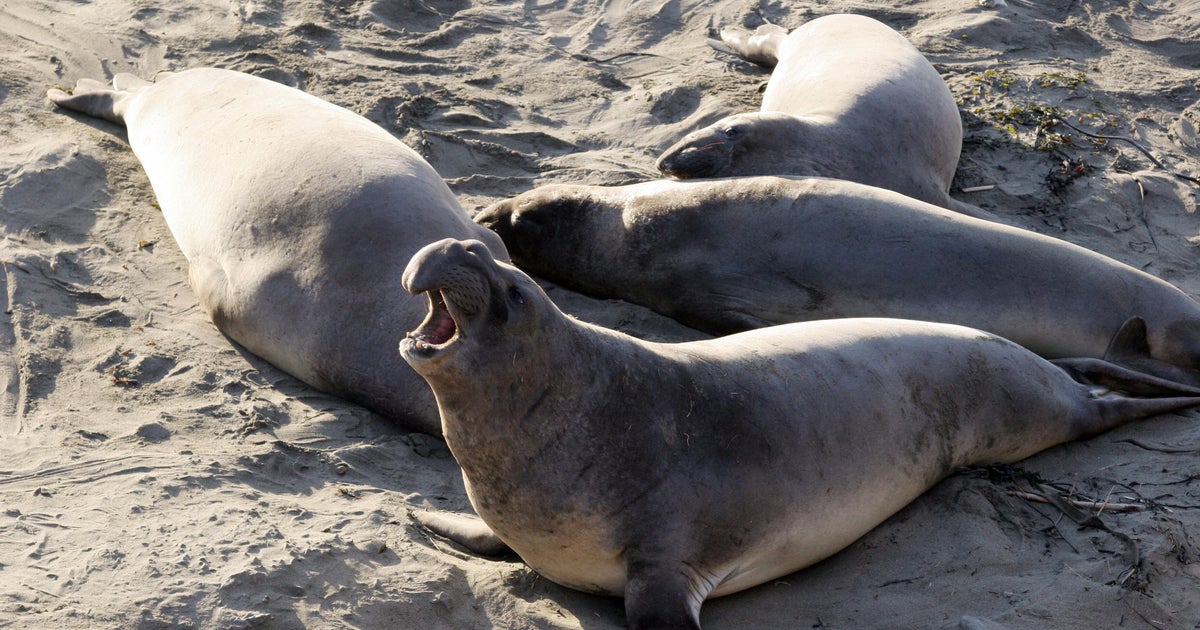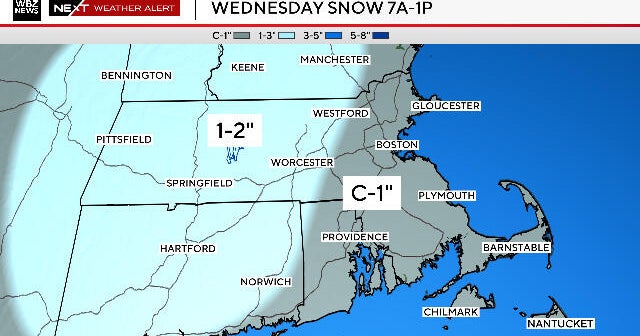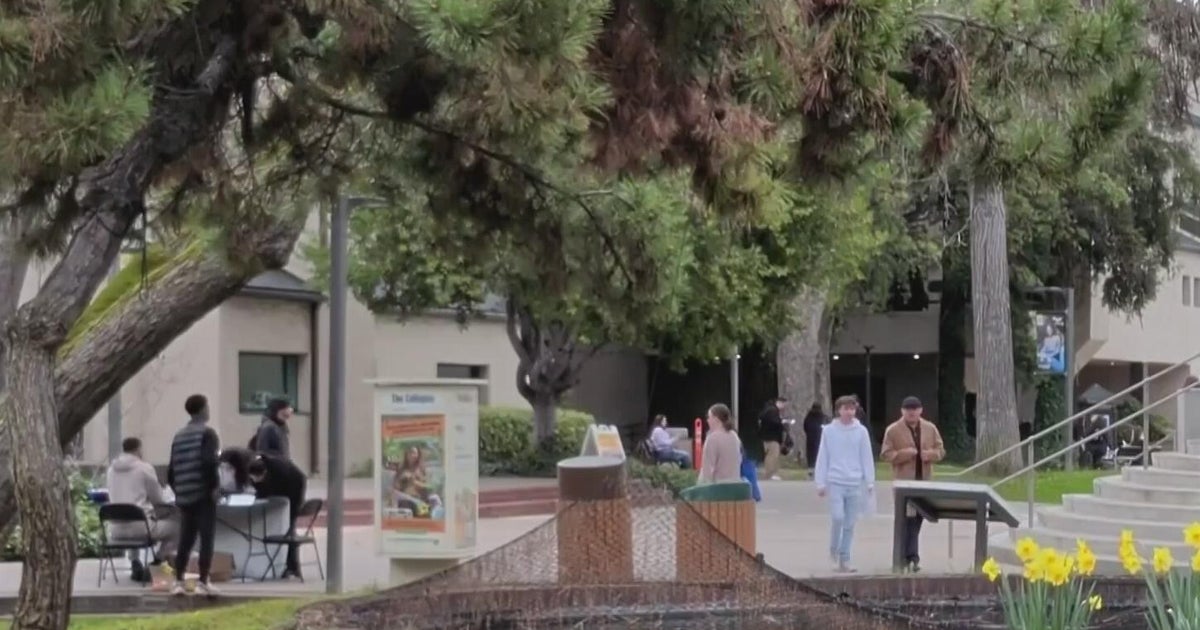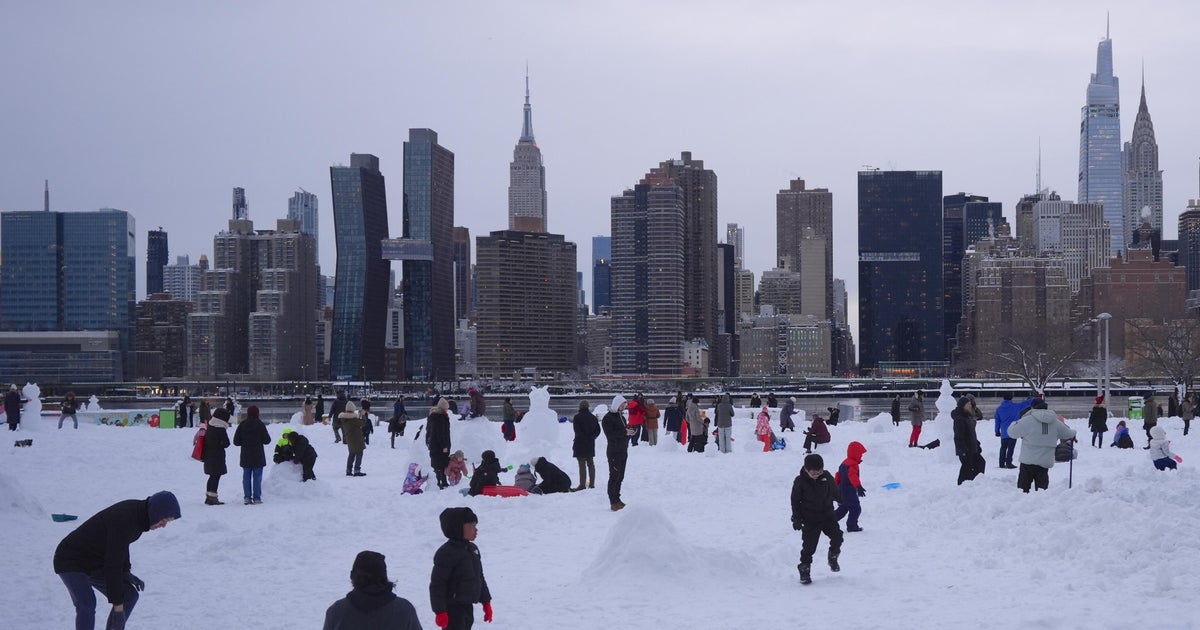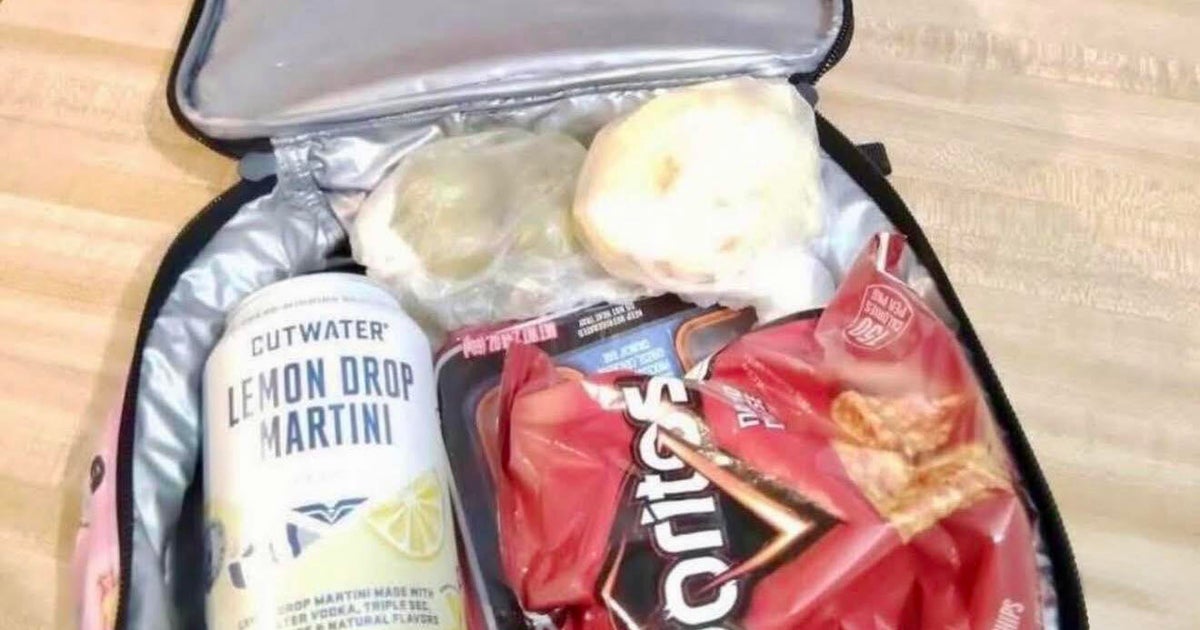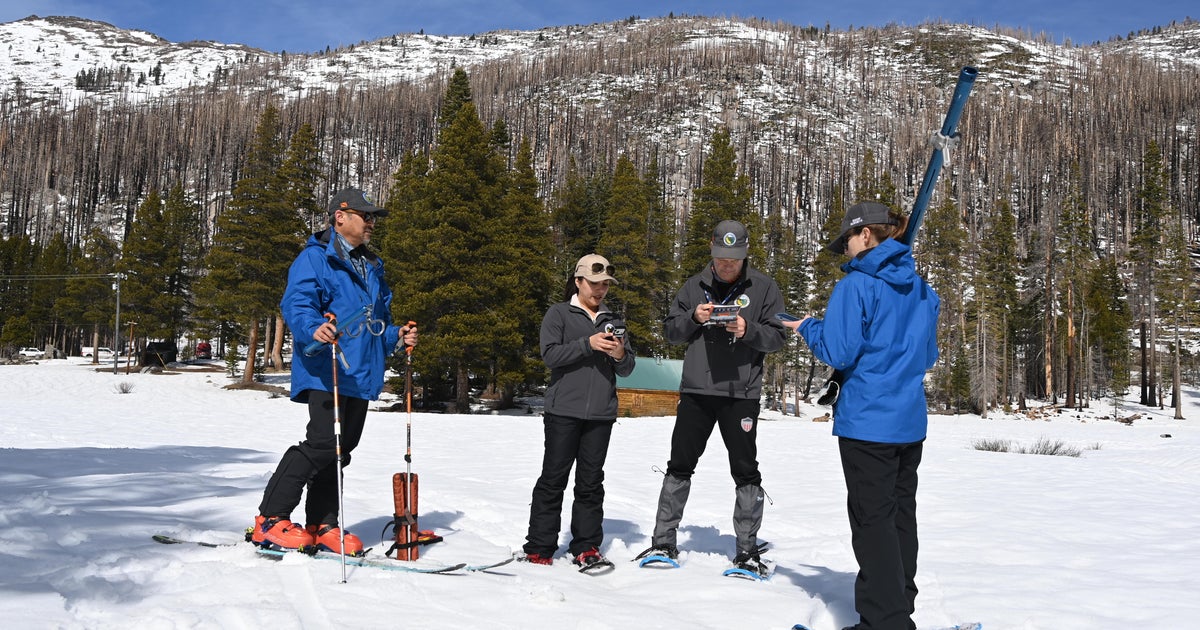Western Vintners Hope Late Harvest Makes Fine Wine
NAPA (AP) - A cool summer along the West Coast has made for a hurried harvest in the nation's top winemaking regions as growers rush to beat the first frost. Vintners, however, are hopeful the late grapes will make great wine.
It's a matter of simple science: Grapes become sweeter as they develop but they need sun and heat to do so. When the grapes are crushed and loaded into barrels, the sugar turns into alcohol during fermentation.
With less exposure to sun and heat, the grapes will have less sugar and produce wines with less alcohol. But, vintners say, the wines should be beautifully balanced and full-flavored.
"We expect more understated wines from this vintage," said Rob Sinskey, 51, who owns Robert Sinskey Vineyards in the Carneros region of Napa.
"High-alcohol wines are power wines. They're showy in a wine tasting," he continued. "We think these will be more elegant, floral, with beautiful aromatics and exotic overtones."
Wines from France, Italy and Spain — the leading wine producing countries — have average alcohol levels of 12 to 13 percent. Most New World wines — those coming out of the U.S., Chile and Australia — tend to have slightly higher alcohol levels, about 14 to 15 percent.
But this year, the wines coming from California, Oregon and Washington will be different because the grapes took longer to ripen and won't contain as much sugar as usual, said Doug Adams, a viticulture professor at University of California, Davis.
"A lot of winemakers were waiting for a year like this," Adams said.
White wines from this year's crop are expected to be ready in nine months to a year, while reds will take about two to four years, depending on type.
Oregon produces about 2 million cases of wine each year, mostly Pinot Noir, Pinot Gris and Chardonnay. It had highly rated vintages in 1999 and 2008, and this season's temperatures are similar, said Sam Tannahill, 41, a winemaker and interim director of the Oregon Wine Board.
But while the grapes hold the promise of fine wine, they still must be brought in. Some Oregon growers were just beginning to pick grapes last week, increasing the risk they'll run into a frost.
"Every year I'm reminded that I'm just a farmer. I might produce a fancy product, but I'm still just a farmer dealing with soil and weather and vines," Tannahill said.
He added: "There's a lot that can happen in three weeks."
The harvest in California's Napa Valley also is running about three weeks behind after workers waited for the grapes to ripen. Some growers said they were bringing in extra help to move the harvest along.
"It's been a year of extremes," said Jon Emmerich, 47, a winemaker with Silverado Vineyards in Napa. "It was a cool season and then hot and then we'd get a ridiculous cold snap — it was just crazy. We've been kind of dancing around the weather."
The same was true along the California coast.
"We've all got our fingers crossed. We're hoping it'll turn out to be a good year and not just a scary year," said Jason Haas, 37, general manager of Tablas Creek Vineyard in Paso Robles, which is about halfway between Los Angeles and San Francisco.
"We know that the longer the grapes spend on the vine, the better they show the signature of the place," Haas said. "But November and rains are coming up soon."
Typically warm areas, such as the San Joaquin Valley, are also dealing with a late harvest but most of their fruit will reach normal levels, Adams said.
About 90 percent of the wine made in the U.S. comes from California, which grows about 3 million tons of grapes each year and produces more than 2.3 billion bottles of wine, according to its Department of Food and Agriculture.
Washington state is the country's No. 2 winemaker, with some 37,000 acres of vines spread across the desert-like eastern part of the state.
Washington growers were halfway through harvest Thursday, running about two weeks late, said Ryan Pennington, spokesman for the Washington State Wine Commission.
"Most years, the concern is to make sure the grapes don't get overripe," he said. "But Mother Nature has really thrown us a curve-ball."
(© 2010 CBS Broadcasting Inc. All Rights Reserved. This material may not be published, broadcast, rewritten, or redistributed. The Associated Press contributed to this report.)
